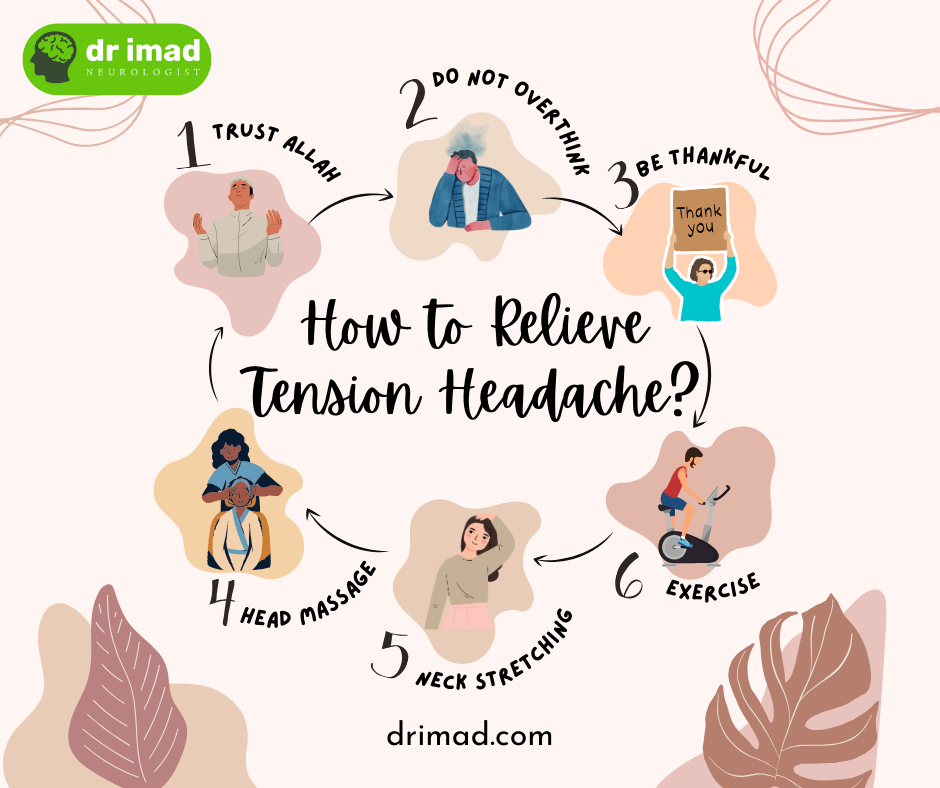Understanding Tension-Type Headaches (TTH)
Tension-type headache (TTH) is undeniably one of the most common forms of headaches.
Many individuals tend to confuse TTH with migraines, assuming that migraines are solely characterized by one-sided head pain, which is not entirely accurate.
Tension-type headaches can manifest in various patterns. They may encompass the entire head, affect one side of the head, or concentrate solely on the temples.
Surprisingly, the primary cause of TTH is something we all experience: overthinking. Yes, you read that correctly.
Overthinking can disrupt the tranquility of your mind, leading to a sensation as if your brain is in constant turmoil. This inner turmoil can keep you awake at night.
Overthinking triggers spasms in the muscles of your scalp. In some cases, muscle spasms may even result in pain radiating to one side of the body.
Patients with TTH might describe feeling like there's a weight on their head, adding to their discomfort. Furthermore, TTH can significantly impact concentration levels.
Overthinking makes it difficult for individuals to focus on their current tasks, often leading them to believe that their memory is suffering when, in reality, it's their ability to stay present that's affected. Consider this scenario: You're in an important meeting, but your mind is preoccupied with other thoughts. As a consequence, you miss crucial information, subsequently casting doubt on your memory.
Treatment for Tension-Type Headaches
There are several effective ways to alleviate tension-type headaches:
- Trust in Allah: Cultivate trust and inner peace through faith, which can help alleviate mental stress.
- Avoid Overthinking: Learn to manage and reduce overthinking through relaxation techniques and mindfulness practices.
- Practice Gratitude: Expressing gratitude for the positives in your life can counterbalance negative thoughts.
- Massage Therapy: Regular massages can relax tense scalp muscles, reducing the frequency and intensity of TTH.
- Exercise: Engaging in physical activity is known to release endorphins, which can help combat stress and reduce headache occurrences.

In conclusion, it's essential to recognize tension-type headaches for what they are and address their root causes.
If you're experiencing persistent headaches, especially migraines, or have concerns about your headache symptoms, consult your doctor.
For those in search of effective headache relief and the best neurologist in Lahore, consider Dr Imad. He specializes in diagnosing and treating various types of headaches, ensuring you receive the right care for your specific needs.


